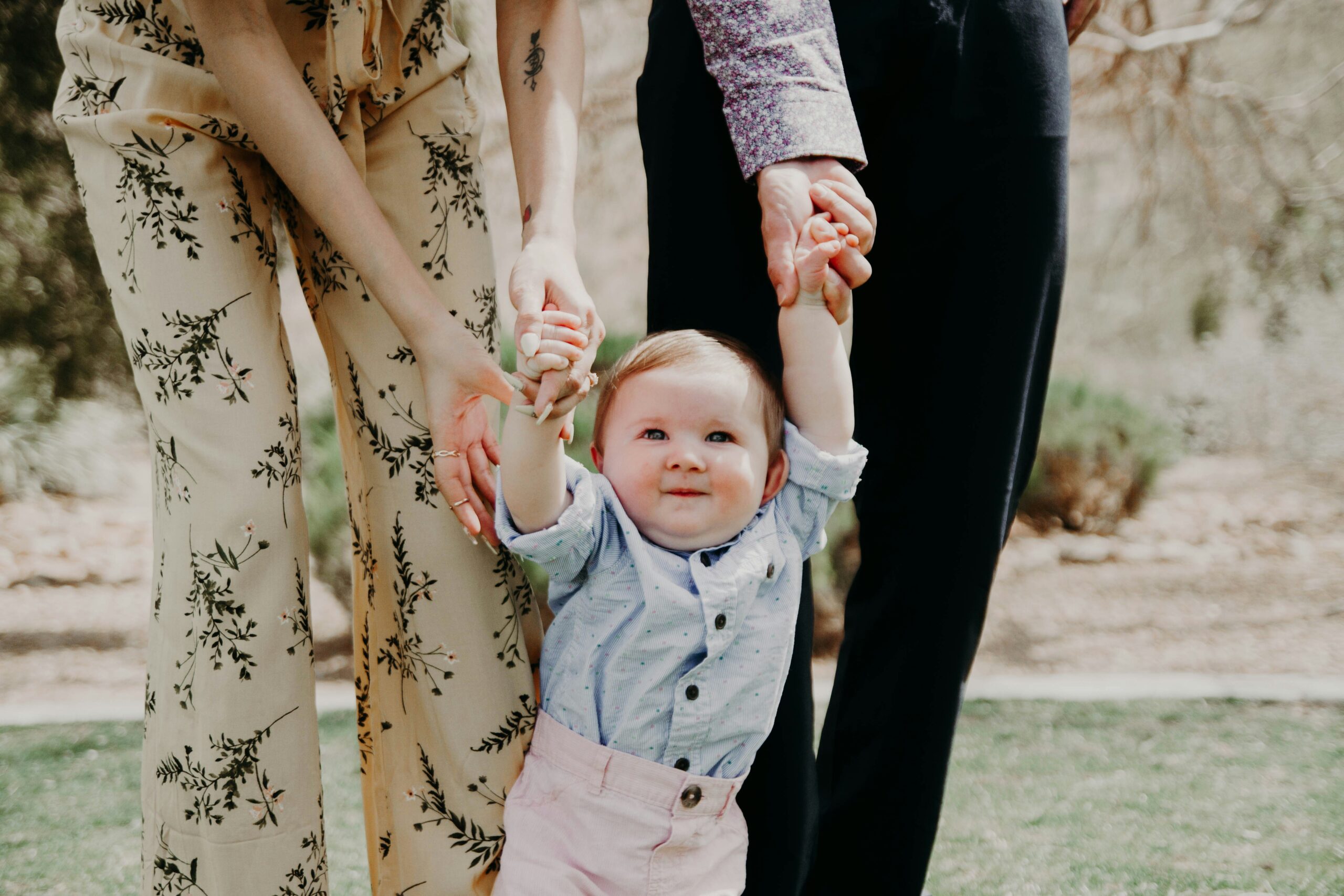Wanting to have a child is one of the most personal and profound feelings a person can experience. For some, it’s a dream they’ve held for as long as they can remember, while others come to the decision after a lot of reflection. No matter how it develops, the desire to bring a child into the world—or to raise one—can stir up a mix of emotions, from excitement and hope to worry and uncertainty. It’s a journey that changes everything, not just practically but emotionally and mentally as well.
Why Do We Want Children?
For many people, the want to have a child comes from a place of love and connection. There’s an instinctual pull to nurture, to raise someone who can grow and experience the world. It’s a chance to build something lasting, to pass on your values, traditions, and lessons from life. The bond between parent and child is unique—a deep connection that grows as you watch them take their first steps, say their first words, and eventually, become their own person.
Others may feel the urge to have a child because of cultural or family expectations. In many societies, having children is seen as a natural part of life, almost like an unspoken rule. Whether it’s pressure from family members or just the sense that “it’s time,” it can feel like everyone expects you to have children at a certain age. But beyond this, for many, there’s a deeply personal motivation to become a parent. It’s about wanting to feel that kind of unconditional love and being part of a family unit that’s built by you.
The Practical Side of Parenthood
While the emotional pull to have a child is strong, it’s important to look at the practical side of things too. Raising a child is a lifelong commitment, and it requires more than just love. It takes time, energy, and money—lots of it. So, before taking that step, it’s worth thinking through a few things.
First, there’s the financial aspect. From prenatal care to diapers, childcare, school, and beyond, kids are expensive. It’s not just about covering the basics either. Many parents want to give their children the best opportunities, which might mean saving for college or paying for extracurricular activities. Looking at your financial situation and seeing how a child fits into that picture is important.
Then, there’s emotional readiness. Parenthood is wonderful, but it’s also hard work. Sleepless nights, tantrums, worries about their future—it’s all part of the package. Being prepared for those tough moments is key. If you’re in a relationship, talking with your partner about your expectations for parenting is crucial. What kind of parents do you want to be? How will you split responsibilities? These are the kinds of conversations that can help make the journey smoother.
Lastly, consider your support system. Whether it’s family, friends, or a wider community, having people around you who can help and offer advice is a huge asset. Parenthood can sometimes feel isolating, especially in the early stages, so having that backup, whether for babysitting or just a listening ear, makes a big difference.
The Challenges Along the Way
The path to parenthood is not always straightforward. For some people, getting pregnant happens quickly, while others might face difficulties with infertility, miscarriages, or other health-related challenges. These experiences can be incredibly tough and emotionally draining. It’s important to recognize that these struggles are common, and seeking support—whether through counseling, fertility treatments, or support groups—can help navigate the difficult emotions that come with them.
For couples considering adoption or surrogacy, the process comes with its own set of challenges. These paths can be long, complex, and sometimes overwhelming, but for many, they lead to fulfilling and joyful parenthood in the end. Whether it’s a biological child or an adopted one, the desire to raise and love a child is what truly defines the journey of parenthood.
Growing Through Parenthood
Having a child isn’t just about guiding someone through life—it’s also about growing yourself. Many parents talk about how they learn as much from their children as they hope to teach them. Parenthood demands patience, understanding, and adaptability in ways that might surprise you. Kids have a way of pushing buttons you didn’t know you had, but they also bring out the best in you. They help you see the world through fresh eyes, and they challenge you to be the best version of yourself.
Parenthood also offers the chance to heal or reshape parts of your own past. Some parents take the opportunity to break generational patterns or provide their children with the kind of nurturing environment they may have lacked themselves. It’s a powerful thing—to create a loving, supportive family and give your child the chance to grow up in a world of possibilities.
The Takeaway
Wanting to have a child is one of the most profound desires a person can experience. It comes with dreams of love, family, and connection, but it also comes with real challenges. The decision to become a parent should be made with both heart and mind—reflecting on emotional readiness, financial stability, and having a strong support network in place.
The journey to parenthood, whether straightforward or filled with obstacles, is ultimately transformative. It brings with it some of life’s greatest rewards—love, growth, and the joy of watching a new life unfold in front of you. For many, the desire to have a child is about more than just bringing a new person into the world—it’s about discovering a new part of themselves too.









